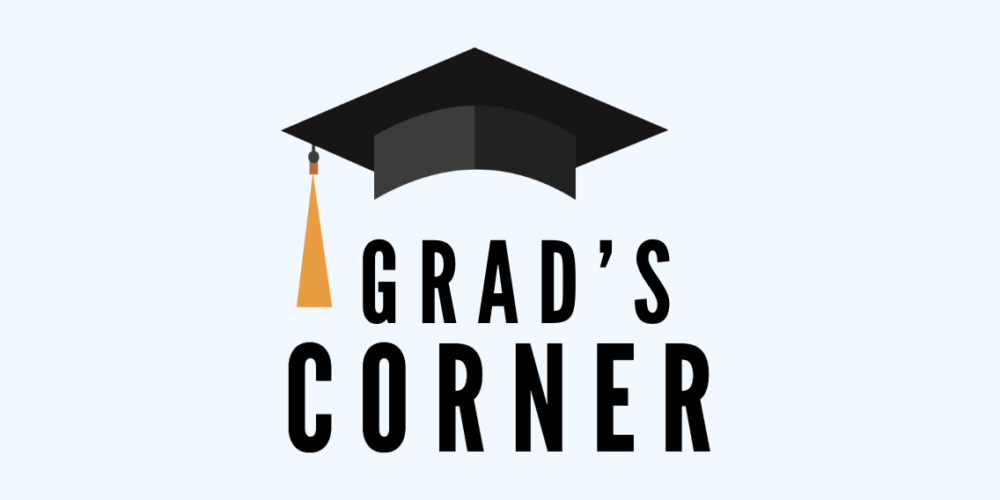Tips on how to learn smarter and be successful
- 29/08/2023
- Debbie Mendoza
- Career Advice
Learning is one of the few processes that play an important role throughout our entire life. While some prefer to look at this as something closely tied to formal education, others realise that virtually every new experience needs to be mastered before it could be properly and efficiently used. Needless to say, how quickly you get there depends on the efficiency of your learning process. Therefore, you have to master the art of learning smarter, which will, in turn, ensure the higher success rate.
1. Provide yourself with some strong intrinsic motivation
For this to work, you must first know yourself. What this means is that you need to find a way to rationalise this necessity for a new skill with something that matters. If you want to be respected in your industry, you need to tell yourself that a greater knowledge will inevitably lead to people listening more closely to what you have to say. If you’re more materialistic in nature, you have to find a way in which this new skill will lead to an increase in income. On the other hand, being more capable and mastering/conquering one more thing on your path to success, you’ll make a huge difference.
Of course, one thing that may appear faulty in this is the idea that you somehow need to look for that one single thing. Respect, reputation, financial gain and improving yourself should all be present at the same time. Still, knowing your priorities, even treating yourself at the successful completion might be a great move on your part. All in all, the motivation used here needs to be intrinsic in order to work.
2. Include other senses
One technique that a lot of people turn to is including other senses into the learning process. Have you ever experienced a scenario where a certain song or a noise reminds you of a specific situation or a period in your life? In fact, all it takes if your you to hear a fraction of a song and to mentally go back in time, remembering everything to the latest detail along the way. Needless to say, this can be included in the learning process.
Now, there are four types of learners – verbal, auditory, tactile and kinaesthetic. Each of these types is the most efficient at learning when using a different method. Now, the majority of learners are a visual type, which is why the majority of learning materials are in a visual format. However, if you’re one of the other three types, trying to learn this way might seriously limit your potential. Therefore, set your first task at discovering what type of learner you are.
Most importantly, just because you are a verbal learner (if you are a verbal learner), this doesn’t mean that you can’t benefit from using one of these other senses, from time to time. If anything, this can be used to break the cycle of repetitiveness and give a new angle to your learning process.
3. Look for additional learning materials
The next thing you need to understand is the way in which most people learn tends to be quite generic. Sure, there are some sources that are considered experts on the topic. Needless to say, these files, videos, seminars and notes will probably be recommended to you as soon as you start inquiring about the topic in question. However, just because a source is credible, it doesn’t mean that it’s the only credible source of information out there. You see, different resources may suit you better, be more to your liking than these “mainstream” materials.
When looking for a diversity of learning materials, there’s are so many different platforms to browse online. Amongst these e-learning resources and RTO materials, you’re bound to find something that’s to your liking. The choice of format matters, as well, so you can also look for a video, audiobook, infographic and more.
4. Do it systematically
The next thing you need to understand is the fact that diving into a field that exists for years, decades, centuries or millennia isn’t an easy thing to do. There are so many basics that you have to master at first, so much basic terminology to deal with. The biggest problem lies in the fact that you usually need to learn something within a narrow niche. Of course, attempting to master this as a standalone issue, will leave you with many gaps in knowledge that will, beyond doubt return to haunt you later on. So, finding a skilled aid and entrusting them with this important task is more than important.
5. Don’t learn everything by heart
The most important thing for you to memorise here is that there’s no need for you to learn everything by heart. After all, in the present day, there are so many aids, tools and gadgets you can use to maximise your efficiency. Trying to learn how to handle these tasks without them may be challenging and it is probably what a traditional approach to this problem would look like, yet, it’s definitely not the best course of action. Instead, try learning to apply this new knowledge, of course with the use of this tech arsenal. At the end of the day, it’s the results that count and no one will care about whether you’ve performed a certain function manually or if you’ve used a tool to assist you. As long as you get the job done, it’s all that matters.
In conclusion
The last thing you need to understand is the fact that the outcome of your learning efforts depends on so many different factors, most of which are under your direct influence. Learning methods, materials and techniques are incredibly impactful and so is the motivation behind it all. With the right game plan and the adequate strategy, you can become a lot more efficient at learning, regardless of what is it that you learn. As we mentioned introduction, due to the fact that this is something universally useful, throughout your life, figuring this out as soon as possible should be your top priority.






